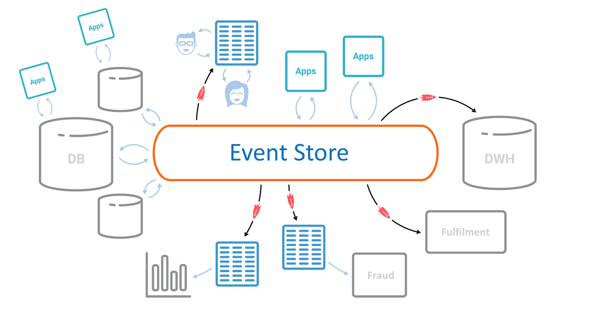Americans live in a youth-obsessed society. The media, advertisers, and the job market often send messages portraying that being young or looking young pays. But looking beyond the nip/tucking and airbrushing, there’s a sheer reality: There is a rapid increase in the population of adults that are over 65 years old.
Whenever someone is struggling with a relationship, work issue, or any mental health concern that is causing a great deal of pain or upset to an individual for longer than a few days, psychotherapy could be the only solution. Psychotherapy is a treatment that involves therapeutic interactions and conversations between a mentally ill patient and therapist. It is most successful if it’s self-initiated by an individual who has a strong desire to change.
Aside from Psychotherapy, mentally ill children and adults can modify their behavior and resolve by using products that can help them manage their mental and physical health to make positive changes in their lives.
Psychiatric nurse practitioner jobs deal with several types of psychotherapy that involve different techniques, approaches, and interventions depending on the target age group. They combine different psychotherapy approaches to solve issues. For enhanced effectiveness, they can combine psychotherapy with medication.
Some types of psychotherapy approach applied to different age groups
- Cognitive Behavior Therapy
This is ideal for children and middle-aged adults. It helps to improve mood, behavior, and anxiety by examining distorted or confusing patterns of thinking. Therapists help patients identify harmful thought patterns to replace them with thoughts that result in more appropriate behaviors and feelings. CBT has proved to be effective for several conditions, including traumatic experiences, anxiety, and depression.
- Acceptance and Commitment Therapy
With this type of therapy, teenagers can understand and accept their inner emotions through understanding their emotional struggles to help them move forward positively.
- Family Therapy
This one focuses on helping a family unit to function more constructively and positively by providing education, support, and exploring communication patterns. Sessions can include children or adolescents along with siblings, parents, and grandparents.
- Dialectical Behavior Therapy
This is used to treat older adolescents with chronic suicidal thoughts/feelings, those engaging in self-harmful behaviors, or those suffering from Borderline Personality Disorders. It helps to emphasize an individual in taking responsibility for their problems while examining how they deal with intense negative emotions and conflict.
- Couples Therapy
This therapy addresses a couple’s interactions and communication (e.g., parents with marital problems).
- Psychodynamic Psychotherapy
This type of psychotherapy helps children to understand issues that motivate them to influence their behavior, feelings, and thoughts. Psychoanalysis is a more intensive form of psychodynamic psychotherapy involving several sessions each week. It’s based on the assumption that a child’s feelings and behavior will improve after bringing to light their inner struggles.
Psychotherapy is not an easy answer or a quick fix solution. In addition to the above, there are other types of psychotherapy available. It is a rich and complex process that, over time, can provide insight, reduce symptoms, and improve a patient’s quality of life and functioning.
With psychotherapy, you can learn constructive ways to deal with issues within your life as you heal. It’s also a supportive process that can help when under increased stress or when going through a difficult period, such as going through a divorce or starting a new career.













